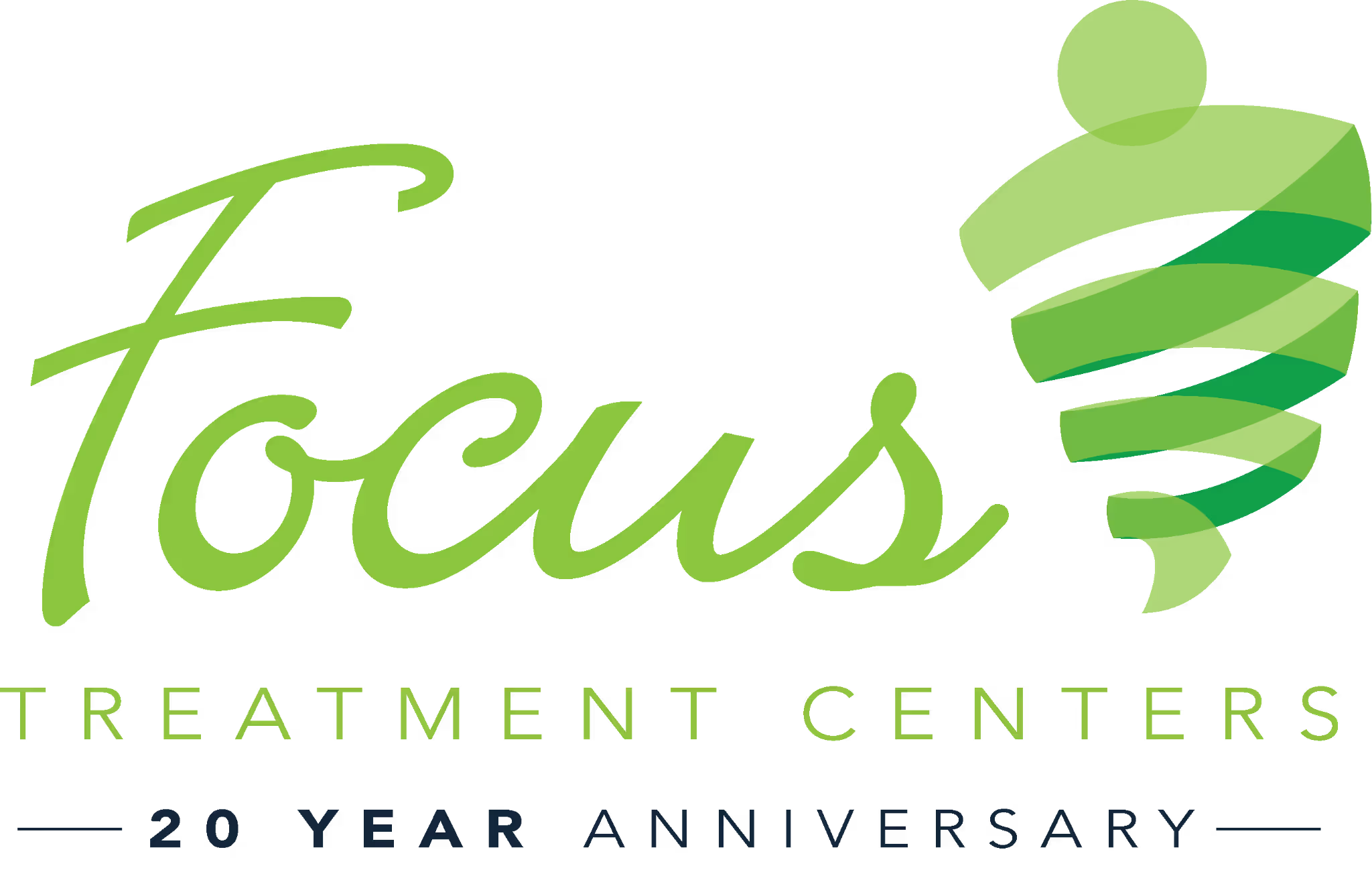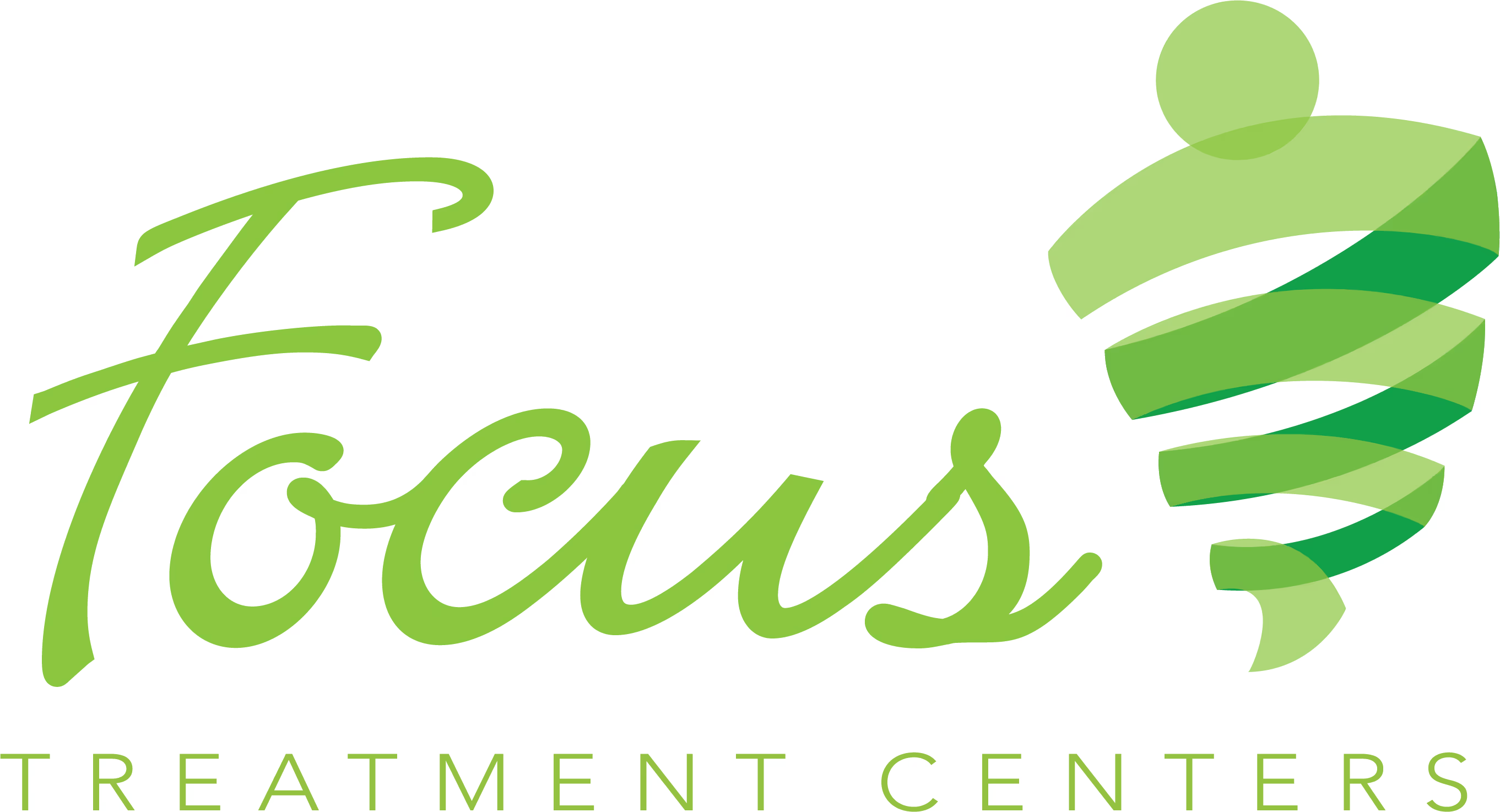We are born into the world knowing that we eat when we are hungry and we stop when we’re full. We quickly learn what foods we enjoy and what foods we don’t. As we continue to grow, our taste buds evolve, busy schedules and routines affect our meal times, and messages of what’s healthy and what’s not fill our minds. The way we eat changes, and we don’t always listen to our stomachs when they growl the way we once did. Additionally, we live in a society that puts pressure on us to lose weight and eat “healthy” which can be confusing when our bodies want some of those nutrients that diet culture says we shouldn’t have.
Intuitive eating - or mindful eating - is a method of listening to your body and trusting yourself to make good food choices. When a person eats intuitively, they learn how to identify those same hunger/fullness cues we were born with and consume food without being influenced by external factors.
Intuitive eating has many benefits, and in many cases, is a better approach to a healthy lifestyle. Additionally, learning intuitive eating principles often aids people in their eating disorder recovery journey because they previously ignored their hunger and fullness cues. Many who struggle with food and body relationships find that mindful eating also means freedom from disordered eating behaviors, like dieting or fasting.
How To Eat Mindfully
Reconnecting with the body’s signals is key. By using the 10 Principles of Intuitive Eating as guidelines, individuals can transition to a much healthier way of giving your body the fuel it needs.
1. Rejecting a Dieting Mentality
This principle involves getting rid of anything that makes you feel judged or wrong for what you eat. Magazines, pictures of the “ideal” body type, and online searches for the latest diet fads have to go. Everybody is unique and has different needs. What works for one person, doesn’t work for everyone.
2. Honoring Your Hunger Cues
Your body knows when it’s hungry and when it’s not. In this principle, you learn to identify your hunger cues and act on them when it’s appropriate. When you’re hungry, you eat.
3. Giving Yourself Permission to Eat
Diets are built around foods that are “good for us” and foods that are “not good for us.” It’s up to you to reject that mentality and give yourself permission to eat the foods you enjoy. That way, you’re never depriving yourself. All foods fit.
4. Refusing to Think of Yourself as Good or Bad for What You Eat
We’re often our own worst enemies when it comes to the food we eat. You aren’t either good or bad based on what you eat. Intuitive eating requires you to reject the Food Police that live inside your mind.
5. Eating for Satisfaction
Eating can be extremely satisfying when we approach it the right way. Eat the foods you love in an environment that gives you pleasure. When you do, you’ll thoroughly enjoy the experience of eating and become content and satisfied.
6. Experiencing Fullness
Mindful eating habits also involve honoring when you are comfortably full. Your body will let you know when you’re not hungry anymore, but you have to listen to it. Gauge your hunger level to determine when you should stop eating.
7. Being Kind to Yourself
If emotional eating has been an issue for you in the past, it can help to remind yourself that eating too much when you aren’t hungry won’t fix the problem you’re facing. Be kind to yourself and remember that restricting your food intake can cause emotional distress too.
8. Respecting Your Body
Your body deserves dignity and respect. All bodies are different, and when you respect the way you look, you feel better about yourself.
9. Feeling Your Body Move
Rigorous exercise routines can lead to physical injury and body shaming. Exercise is important, but it’s best to experience how your body feels as it moves. This will help to encourage you to continue healthy movement.
10. Honoring Your Health
Choose foods that you enjoy, that taste good, and that make you feel good. One poor food decision isn’t the end of the world, and if you’re progressing in the right direction, that’s really what’s important.
Is Intuitive Eating Right For You?
Most experts agree that everyone can benefit from intuitive eating. However, if you have a poor relationship with food or struggle with body image, you may need guidance from a registered dietitian or mental health professional. March is National Nutrition Month, so reach out today and begin taking the right steps towards a wholesome, healthier life.














